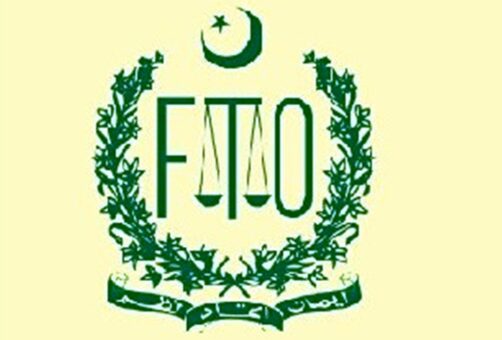ISLAMABAD, February 16, 2024 – In a recent report, the Federal Tax Ombudsman (FTO) has highlighted significant deficiencies in the Federal Board of Revenue’s (FBR) process of determining fair market property values.
The report, released under the title “Own Motion Case NO: 0033/2023 regarding Anomalies in Valuation of Immovable Properties,” sheds light on the lack of standardized procedures within the FBR.
According to the report, the FBR is empowered to establish fair market values of immovable properties under Section 68(4) of the Income Tax Ordinance. The current valuation process is being executed by tax functionaries as part of the taxation reform agenda, specifically the Pakistan Raises Revenue Projects (PRRP), in collaboration with the World Bank. The objective is to develop uniform valuation rates for immovable properties.
The Own Motion investigation, initiated under Section 9(1) of the FTO Ordinance, 2000, followed an extensive review of Deputy Commissioner (DC) rates, valuation tables issued by FBR through SROs, and market analysis conducted by the FTO’s research wing. The findings revealed significant anomalies, inconsistencies, and discrepancies in property valuations across Rawalpindi/Islamabad.
The FTO office discovered that the lack of a written Standard Operating Procedure (SOP) for the guidance of valuation committees led to inconsistencies and anomalies in determining fair market value. The report emphasized the necessity of three main approaches in property valuation: the Cost-based approach, Comparison approach, and Income Capitalization approach. However, due to the absence of an SOP, the FBR was urged to refer to the International Valuation Standards (IVS) formulated by the International Valuation Standards Council (IVSC).
The recommended IVS principles include the need for standards to be principles-based, ensuring valuers adhere to principles of integrity, objectivity, impartiality, confidentiality, competence, and professionalism. Valuers should possess the necessary technical skills and knowledge, disclose the published valuation standards used for the assignment, and follow all applicable requirements.
Furthermore, valuers must select the appropriate basis of value, disclose significant assumptions and conditions, and use the appropriate valuation methodology to provide a credible valuation. The report stressed that any property valuation method should exhibit uniformity, consistency, and credibility.
The FTO made several recommendations to rectify the inconsistencies and bring uniformity to property valuation rates across the country. These include the functionalization of the ‘Directorate General of Immovable Property’ established under Section 230F, the development of an SOP by the Member (Policy) FBR containing suitable valuation methods, the formation of a “standing anomaly committee” to address stakeholder grievances, and the hiring of competent and experienced valuers for transparent and accurate property valuations. The report aims to streamline the property valuation process, ensuring fairness and consistency in determining the fair market value of immovable properties.
